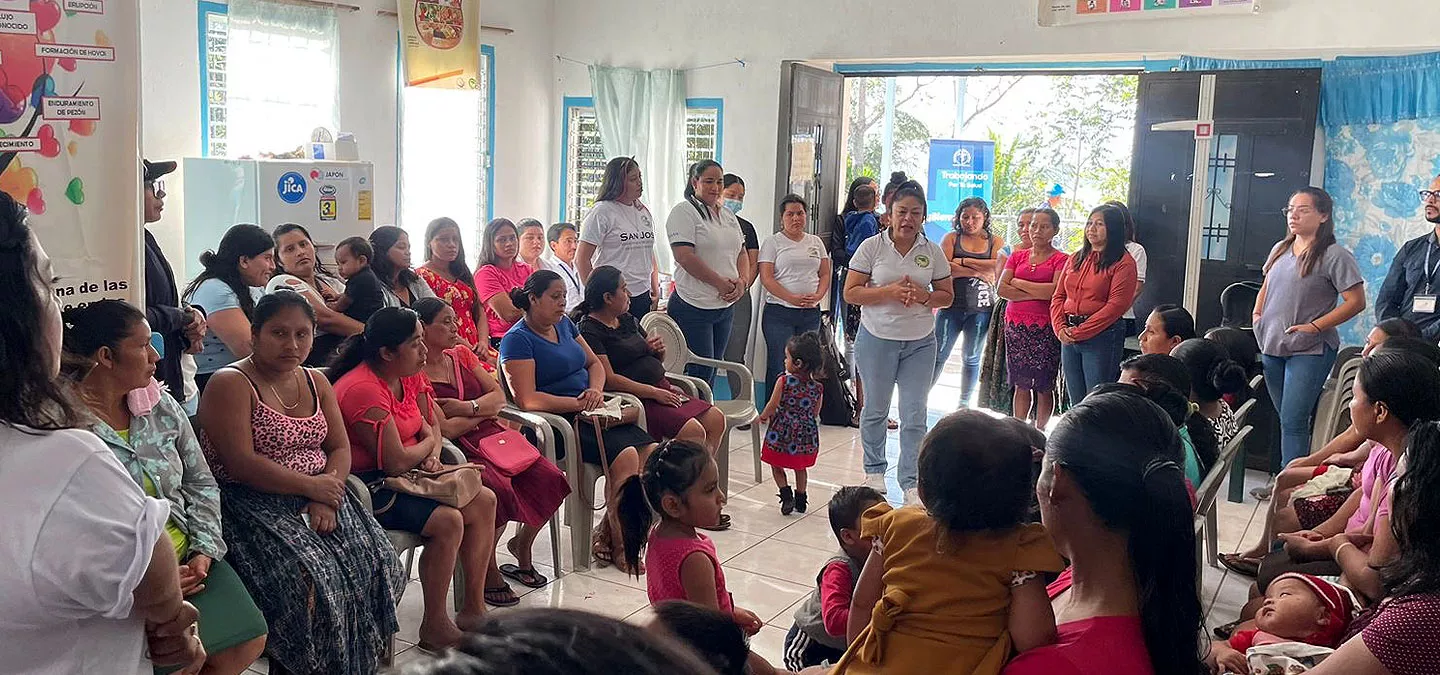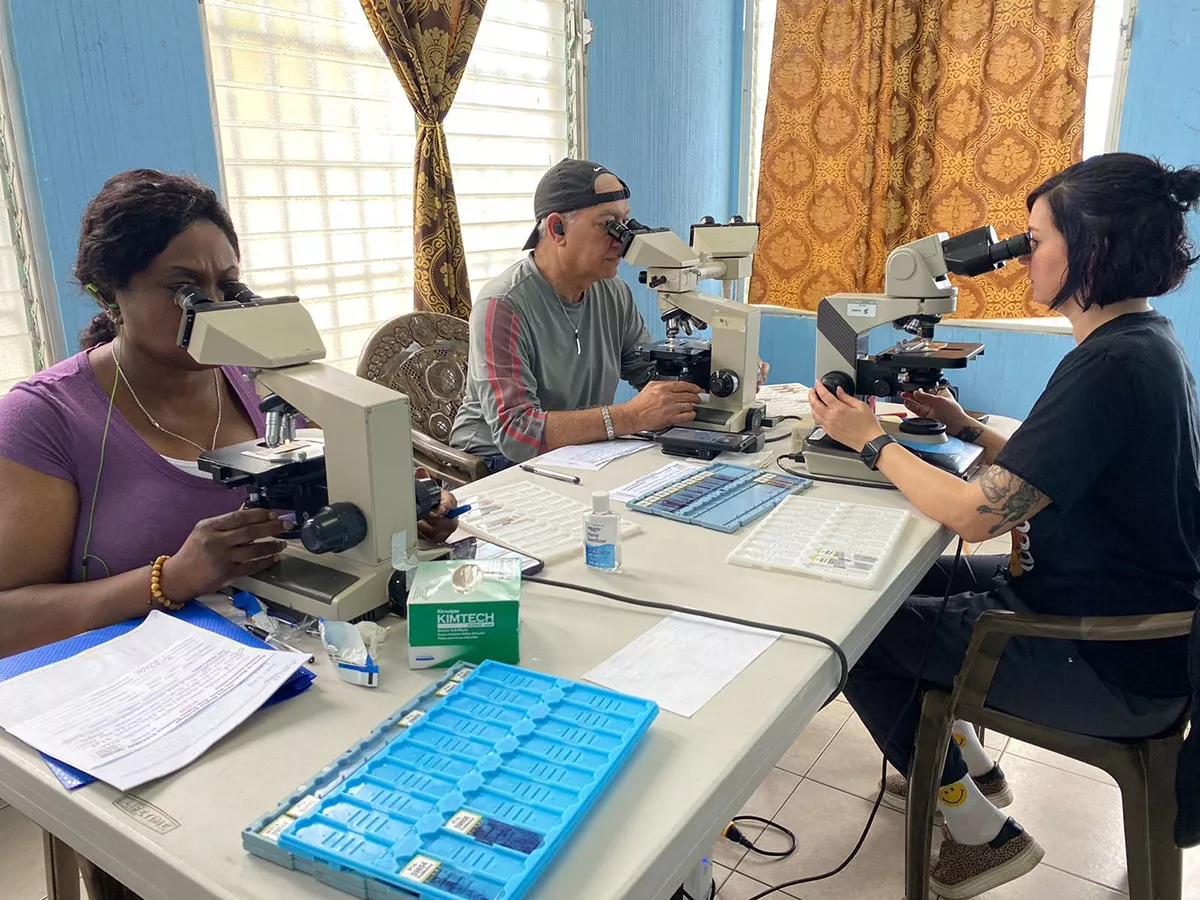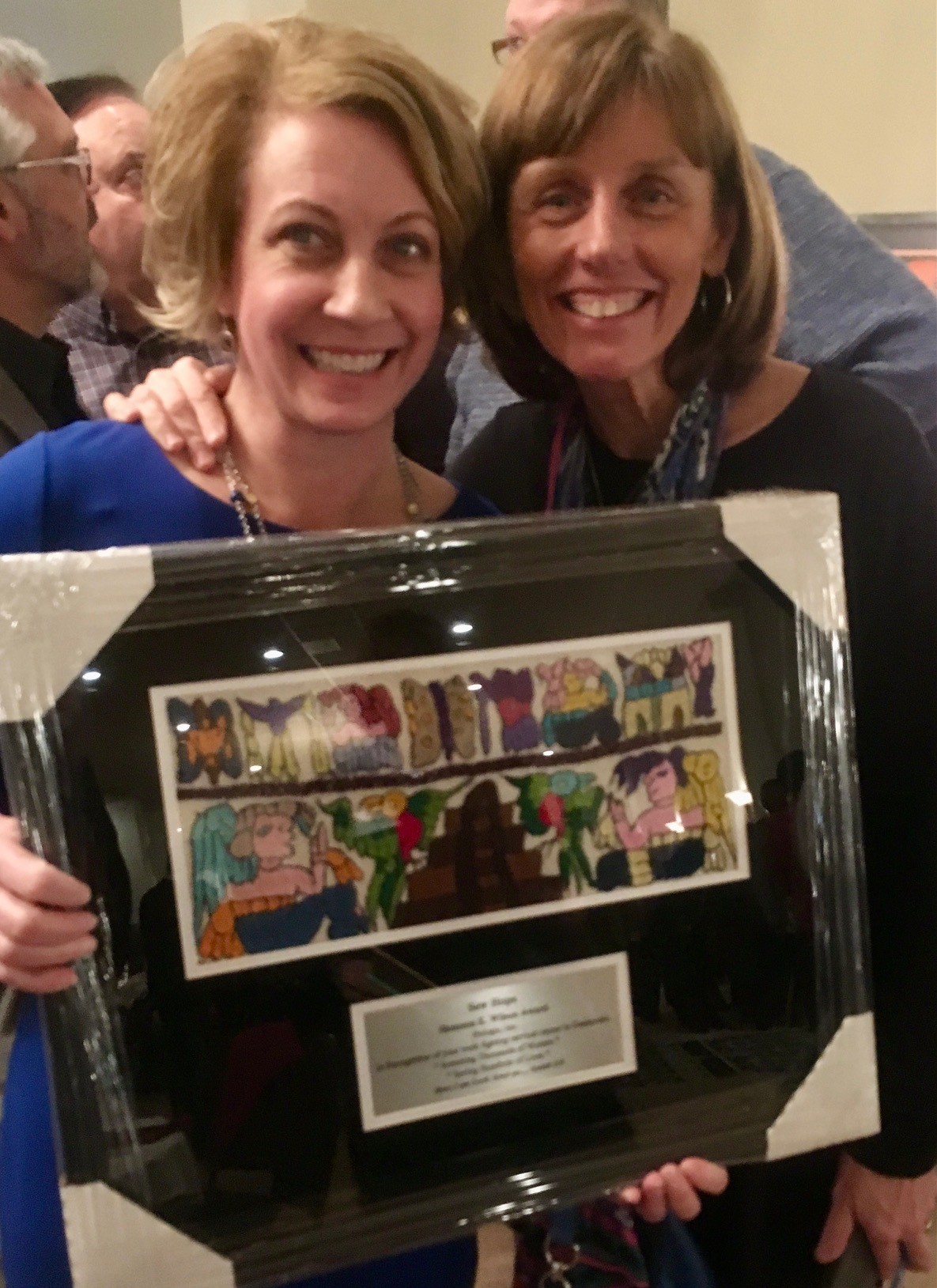A Lifesaving Gift in Rural Guatemala

Help transform cervical cancer from a leading killer of women in Guatemala to a well-managed disease. When Rhonda Blue first heard about this opportunity, she jumped at the chance.
As part of her work at Hologic, Blue supports laboratories and healthcare providers in the U.S. Gulf Coast region to emphasize preventive care against cervical cancer through co-testing (use of the Pap test and the HPV test together). She’s proud that routine screening is a key reason the disease has gone from being the top killer of women in the U.S. to one of the most preventable cancers in the nation.
Blue also knows that many low- to middle-income countries, including Guatemala, haven’t achieved similar progress against the disease. Cervical cancer is the second-most common type of cancer diagnosed among Guatemala’s approximately 9 million women – and a leading cause of cancer death in that population. Lack of preventive care and a high incidence of HPV infection fuel much of this public health challenge.
Blue learned about the plight from Dr. Anne Ruch, an OB/GYN from Ohio who founded the nonprofit group SewHope in 2007. Blue and a colleague enlisted help from Hologic after gaining inspiration from Dr. Ruch’s volunteer trips each year to conduct Pap tests for women in Guatemala’s extremely rural Petén region.
Since 2008, Hologic’s philanthropic support of SewHope has included providing ThinPrep® Pap test vials and collection devices, giving a grant to build a screening and education clinic in Guatemala, and featuring the nonprofit at a conference symposium – a spotlight that spurred further volunteerism.
Quote from Rhonda Blue
"I have always had a passion for serving and doing good for others. When my friendship with Dr. Ruch began and she shared these impactful stories with me from the women she's met and supported in Guatemala, my heart was drawn right to it. It's been a special opportunity to be able to utilize my cytology skills and coordinate efforts from Hologic to support SewHope's mission and bring cervical cancer screening to women who would otherwise likely go untested."

United States-based volunteer cytotechnologists reading slides at SewHope in Petén.
The work to bring lifesaving screening to women in the Petén region only just begins when samples are collected locally. After each trip, Dr. Ruch and Blue arrange for the ThinPrep Pap tests to be delivered to lab partner ProPath for complimentary processing. Together, SewHope, Hologic and ProPath currently handle between 2,000 and 2,500 Pap tests a year for women in Guatemala.
Dr. Ruch sees Hologic’s contributions as nothing short of vital. “Over the last decade, SewHope has performed over 16,000 Pap tests to screen women in Guatemala for cervical cancer. The ThinPrep Pap test is an instrumental part of our efforts,” said Dr. Ruch. “Our mission depends on partners like Hologic who provide us with what we need to support improved health and a better future for women in Guatemala.”
At a recent conference of the American Society of Cytopathology (ASC), Hologic hosted a symposium featuring Dr. Ruch speaking about SewHope. In the audience, retired cytotechnologist Hector Garcia felt compelled by what he heard and saw. He has since made several trips from his home in Texas to Guatemala to train staff at the SewHope clinic on how to screen slides and process test results onsite. His work – which helps fill the gaps in sample collection and test processing between Dr. Ruch’s trips – has been so impactful that he received a grant from ASC to travel to Guatemala more frequently.
“This is a story that truly represents the good we do for women’s health at Hologic in so many ways,” said Hologic Scientific Affairs Director Sarah Harrington. “From Rhonda working on her own time organizing samples from Dr. Ruch to Hologic providing grants and a platform at ASC to garner further support in the cytology community, it’s amazing to think about how we’ve been a part of SewHope growing and living into their mission. We’re ultimately saving lives by helping to bring cervical cancer testing to a community that so badly needs it.”


